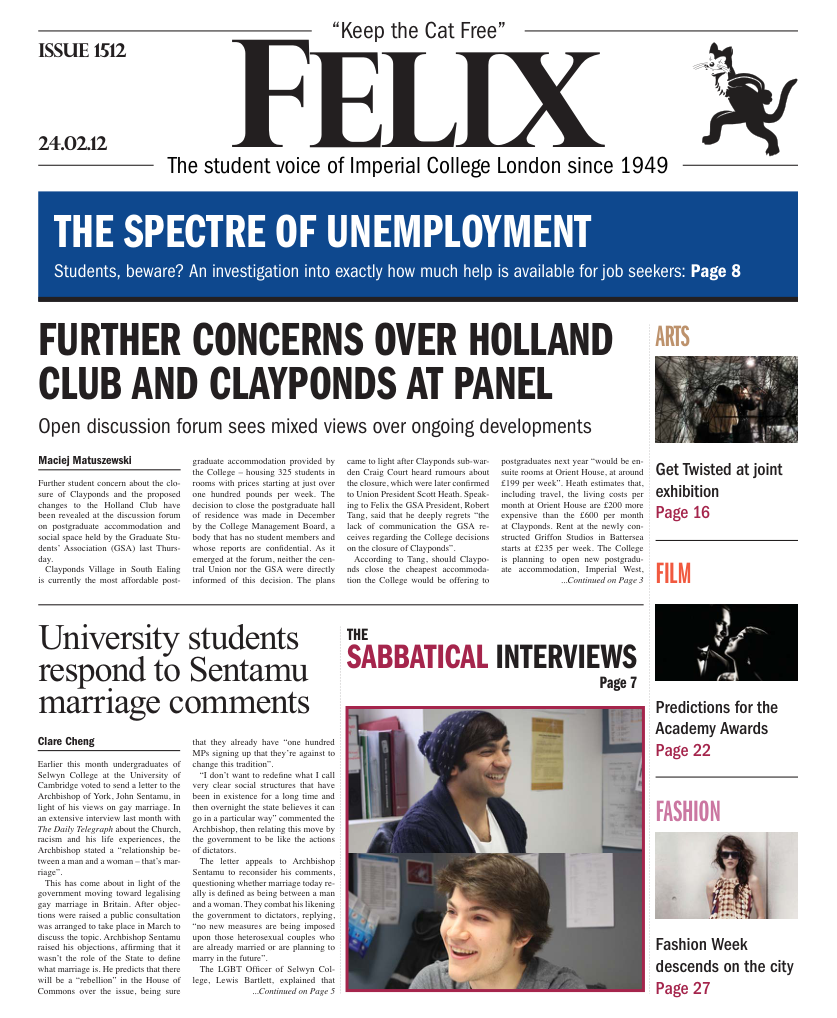I have a smartphone: progress at last
Rhys Davies has finally left (or returned to?) the Stone Age
I recently joined the twenty-first century and got a new phone.
Actually, that’s not quite accurate. As well as servicing my telecommunicative needs, it also has a whole array of shiny doodads and gizmos. It has a camera with the resolution to individually identify the hairs in Karl Marx’s beard from across a crowded dinner party. Its GPS is so precise it even knows when I’m standing on one leg in the middle of the Sahara (sadly though, not in Fulham for some reason). It is capable of posting to Facebook and Twitter so I don’t have to be near a computer to be vain or inane anymore. On top of this, it has a veritable host of apps, each more pointless than the last. I can even phone people with it... though I haven’t quite worked out how yet.
I am amazed that what would have been a supercomputer thirty years ago can now nestle down in my trousers. Although it makes for a rather dubious chat-up line, I had resisted the electromagnetic pull of new technology up until this point. Admittedly, this new device throws off enough energy to give me leg cancer even when it’s in my other trousers, but my main reason to coyly refuse previous techno-advances was my belief that a phone should be a phone and just that.
Egyptian constellations were the ancient equivalent of a Flickr album
This fear of the future, of change, of the unfamiliar, is only so cliché because it is so ancient. Scrape away all the gadgets and pretty colours and the scene hasn’t changed much since pre-history, when a prognathic ancestor of Steve Jobs brought tablets back to the cave. His friends must have looked at him as if he’d been at the red berries.
“Look, friends! The age of the tablet has arrived.”
“But what does it do?” (Thousands of years on, and this conversation proves that history does indeed repeat itself)
“Before you could only etch your pre-expressionist imaginings on the cave wall but this is a piece of wall you can take with you. You can show all your friends!”
“But all my friends are in the cave!”
“This is for when they’re not!”
Impressed awe all around as people came around to the idea of mobile communications. Words came later, much more gradually, as people got worse at drawing and their scribbles looked less and less like what they were supposed to. Compare Egyptian hieroglyphs with Greek lettering, and look at what passes for the Greek constellations – Egyptian constellations were the ancient equivalent of a Flickr album.
Although impressionism waned, innovation soared as the scroll was introduced. Thus, the ancient world learned that things didn’t have to weigh four tonnes and need a wheelbarrow to move – aesthetics, ergonomics, and compactness – a lesson we only remembered in the nineties. A few hundred years later and the book appeared, shortly followed by the bookmark, a quantum leap in user interface.
At the turn of the last century, or thereabouts, we got ourselves in a slight muddle. The inventions of the telephone, the radio, and the television all rolled back the frontiers of speed, reach, and media of our communication, but we simultaneously forgot that things could be small as well as cool. We’ve spent most of the past hundred years getting back to the comfortable customer experience the book offered, before spending the last ten trying to cram as many different devices onto a single block of silicon.
This brings us right up to now, with burn-marks on my trousers and childish delight in my eyes. Who knows where we’ll go from here? Since Steve Jobs has declared that the age of the tablet PC is here – and received the reply, what does it do? – I think the march of technology is cyclical, or at least a bell-shaped curve.
Which means we’ll soon be able to watch videos, read books, take photos, preen our ego, and even make calls on the iPanel – coming to a wall near you!







